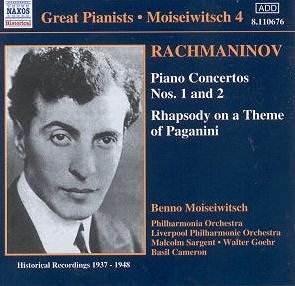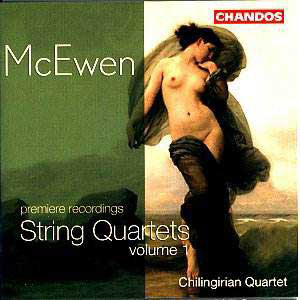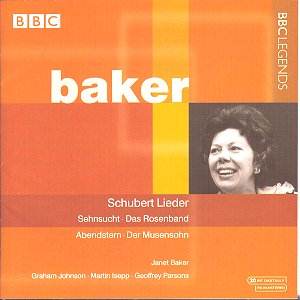 Composer: Sergei Rachmaninov
Composer: Sergei Rachmaninov
Works: Piano Concerto No. 1, Piano Concerto No. 2, Rhapsody on a Theme of Paganini
Performers: Benno Moiseiwitsch (piano), Philharmonia Orchestra/Walter Sargent (No. 1), Liverpool Philharmonic Orchestra/Walter Goehr (No. 2), Basil Cameron (Rhapsody)
Recording: Studio 1 Abbey Road, 23 Dec 1948 (No. 1), 24 Nov 1937, 13 Dec 1937 (No. 2), 5 Dec 1938 (Rhapsody)
Label: NAXOS HISTORICAL 8.110676
Sergei Rachmaninov’s oeuvre, particularly his piano concertos, stands as a monumental testament to the Russian romantic spirit, interweaving lush melodies and virtuosic demands that continue to captivate audiences. The present Naxos recording featuring Benno Moiseiwitsch offers a rich perspective on Rachmaninov’s early works, including the exuberant Piano Concerto No. 1 and the deeply expressive Piano Concerto No. 2, alongside the dazzling Rhapsody on a Theme of Paganini. Recorded in the twilight of the 78 era, this release not only showcases the artistry of Moiseiwitsch but also reflects the historical context of these performances, capturing the essence of a bygone era of classical music.
Moiseiwitsch’s interpretation of the Piano Concerto No. 1 is particularly striking, buoyed by the vigorous conducting of Walter Sargent and the responsive playing of the Philharmonia Orchestra. From the opening Allegro, Moiseiwitsch’s technique is both commanding and fluid, navigating the rapid passages with an athleticism that is exhilarating. The dynamic contrasts are palpable; Sargent’s orchestral accompaniment complements the soloist’s energy yet allows for moments of introspection, particularly in the Andante which showcases Moiseiwitsch’s lyrical phrasing. His ability to “clear five-bar gates at a single galloping leap,” as noted in the review, is emblematic of a performance that balances bravura with sensitivity.
Conversely, the performance of the Piano Concerto No. 2, while polished, lacks the vivacity one might expect. Here, the chemistry between Moiseiwitsch and Goehr seems muted; the interpretation feels overly deliberate, missing the “glint in the eye” that characterizes the best renditions of this work. The recorded sound captures the piano’s depth, yet the performance itself leans towards a more subdued approach, which may appeal to those seeking a less emotionally charged interpretation. This deliberate style, while technically proficient, offers a stark contrast to the exuberance found in the First Concerto, resulting in an experience that, while satisfying, lacks the necessary volatility to truly engage.
The Rhapsody on a Theme of Paganini, under Basil Cameron’s direction, revives the energy and inspiration that define Rachmaninov’s music. Moiseiwitsch’s interpretation brims with a freshness that invigorates the variations, particularly in the Andante cantabile, where his touch is both delicate and expressive. Although the lushness of the Philadelphian strings, as found in Stokowski’s recording with the composer, is missed here, Cameron’s ensemble displays a keen awareness and nimbleness that elevates the performance. The engineering of these recordings is commendable, with the transfers by Ward Marston ensuring clarity and fidelity to the original performances.
The cumulative effect of this Naxos release is one of rich historical value, showcasing Benno Moiseiwitsch’s artistry in a way that both acknowledges and transcends its era. The First Concerto stands out for its vibrant energy and the compelling interplay between piano and orchestra, while the Rhapsody offers a delightful contrast with its playful variations. The Second Concerto, though not as vividly realized, still contributes to a well-rounded portrait of Rachmaninov’s early piano works. This collection is highly recommendable, particularly for the Moiseiwitsch/Sargent collaboration, which surely cements itself as a notable entry in the realm of Rachmaninov recordings. An exploration of Moiseiwitsch’s interpretations in the later concertos could yield fascinating results, potentially placing him alongside the greats of the 20th-century piano repertoire.



